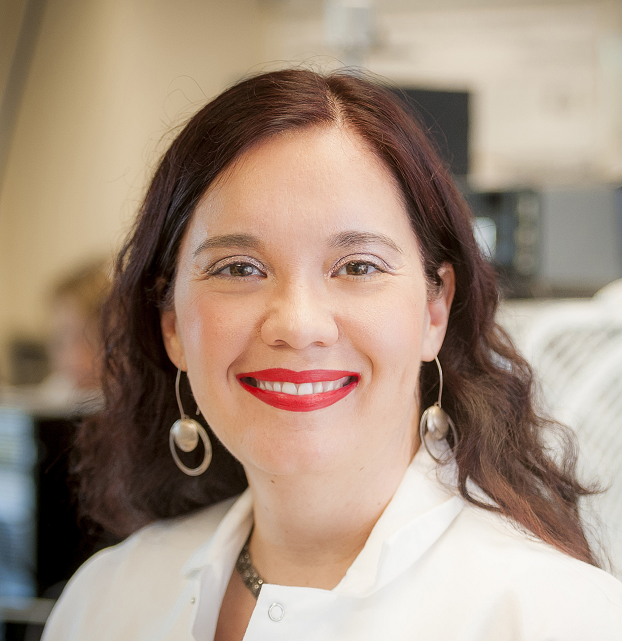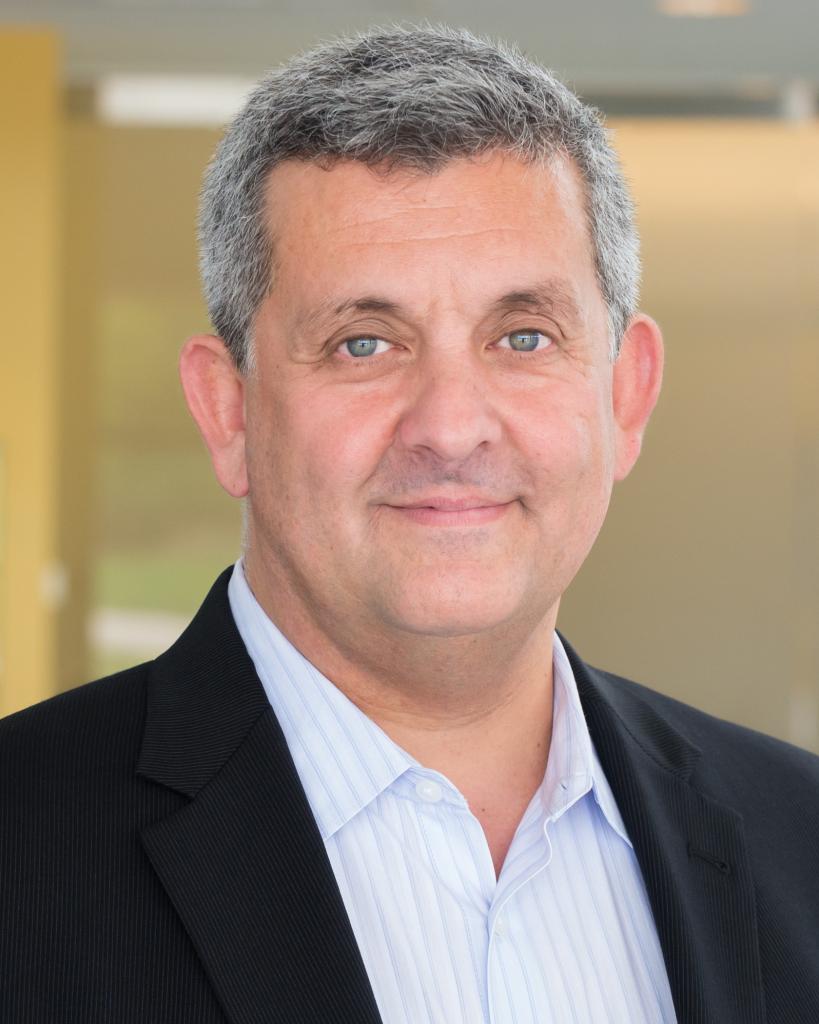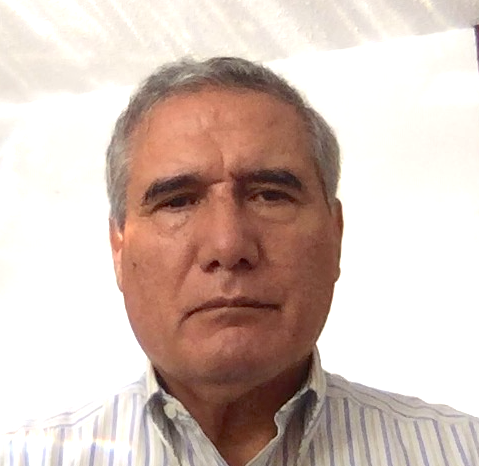Sociedad Mexicana de Ciencia y Tecnología
de Superficies y Materiales A.C.
XIII International Conference on
Surfaces, Materials and Vacuum
October 19th to 23rd, 2020 / Virtual Conference
PLENARY TALKS
Husam Alshareef is a Processor of Materials Science and Engineering at King Abdullah University of Science and Technology (KAUST). He obtained his PhD at NC State University in 1996 followed by a post-doctoral Fellowship at Sandia National Laboratory, USA. He then embarked on a 10-year career in the semiconductor industry, holding positions at Micron Technology and Texas Instruments. There he worked on developing new materials and processes for the microelectronics industry. In 2009 he joined KAUST, where he initiated an active research group focusing on energy storage and electronics. He has won the UNDP Undergraduate Fellowship, Seth Sprague Physics Award, NC State Dean’s Fellowship, U.S. Department of Education Electronic Materials Fellowship, the SEMATECH Corporate Excellence Award (2006), two Dow Sustainability Awards (2011) and (2014), AH Shoman Award for Excellence in Energy Research (2016), KAUST Distinguished Teaching Award (2018), and the Kuwait Prize for Sustainable and Clean Technologies (2018). He is a Fellow of the American Physical Society, a Fellow of the Royal Society of Chemistry, IEEE Distinguished Lecturer in Nanotechnology. He is a Clarivate Analytics Highly Cited Researcher in Materials Science. |
Erika Fuentes-Fernandez is currently a BAW R&D Engineer at Qorvo. She obtained a Ph.D. in Materials Science and Engineering from the University of Texas at Dallas in 2013 and a B.S. in Chemistry from the Autonomous University of Coahuila, Mexico in 2008. During her Ph.D., Erika focused on the synthesis and characterization of piezoelectric materials as well as device fabrication and testing for harvesting and sensor applications. After joining R&D team in Qorvo, she centered her research in next generation radio frequency filters for telecommunication applications. Her research interests include materials and devices for micro and nano electromechanical systems (MEMS/NEMS), energy and sensors applications, and sustainable devices. Erika is actively involved on synergistic activities and programs on science, technology, engineering, and math (STEM) fields, mainly supporting minorities and internationals students. Programs she is currently involved are, Materials Research Society (MRS)- Academic Affairs department as well as, co-Founder of Mexican Talent Network (RTM) Dallas Chapter. |
Olivia Graeve es Profesora de Ingeniería y Ciencia de Materiales en el Departamento de Ingeniería Mécania y Aeroespacial en UC San Diego, donde labora desde el 2012. Recibió el título de Ingeniero Estructural de la Universidad de California San Diego, en 1995 y Doctorado en Ciencia é Ingeniería de Materiales de la Universidad de California Davis, en el 2001. Olivia ha recibido varios premios de alto prestigio. En el 2014, fué nombrada al Paseo de la Fama de Tijuana. También ha recibido varios reconocimientos. Recientemente, ha sido nombrada Miembro Correspondiente de la Academia de Ingeniería de México (2016), Miembro Correspondiente de la Académia Mexicana de Ciencias (2019) y Fellow de la Sociedad de Cerámicos (2017). En Mayo 2017, la revista Forbes la nombró una de Las 100 Mujeres Mas Poderosas de México y Agosto 2020 fué reconocida con el Premio Presidencial PAESMEM por su trabajo en promover la ingeniería entre estudiantes Latinos. Olivia es reconocida internacionalmente por su trabajo en el area de materiales en ambientes extremos. |
Daniel López is the Liang Professor of Electrical Engineering and a member of the Materials Research Institute at Penn State University. Dr. López received his Ph.D. in Physics from the Instituto Balseiro in Argentina in 1996. After obtaining his Ph. D, he worked as a Postdoctoral Fellow at IBM T. J. Watson Research Center studying high-temperature superconductors. In 1998 he joined Bell Laboratories (Murray Hill, NJ) as a full-time Research Staff member where he developed micro and nano-machines for optical communications, imaging, and quantum sensing. In 2000 he received the Bell Labs President's Gold Award, the highest recognition award at Bell Laboratories for developing disruptive technologies with a direct impact on the business. In 2008 he moved to Argonne National Laboratory to lead the Nanofabrication and Devices group. At Argonne, he received the Physical Sciences and Engineering Excellence Award, and from 2015 to 2019, he was a Fellow of the Institute for Molecular Engineering at The University of Chicago. He is presently affiliated with the Physical Measurements Lab at the National Institute for Standards and Technologies (NIST) at Gaithersburg, MD.
His research career covered many areas, such as novel materials, micromechanics, optical microsystems, and nanofabrication, but a common theme has been using the interplay among mechanics, photonics, and materials to advance fundamental and applied science. Some recent notable examples of his research include the fabrication of today's fastest and densest spatial light modulators, the development of methods to improve the performance of oscillators using nonlinear resonators, the most precise characterization of the quantum mechanical Casimir interaction, and the development of optical nanosystems incorporating metasurfaces and MEMS devices. He has authored more than 150 technical publications, holds more than 30 granted and pending patents, and has given invited talks worldwide. He collaborates with the industrial sector and with researchers and educators globally. |
El Doctor Roberto Olayo González, es Físico egresado de la Facultad de Ciencias de la UNAM (1976), obtuvo su maestría y Doctorado en la Universidad Autónoma Metropolitana -Iztapalapa en México, ha realizado estancias de investigación en las Universidades de Minnesota USA. Guanajuato, México y UNAM, Querétaro, México. Tiene mas de 100 publicaciones, 9 patentes y 1750 citas a sus trabajos. En la formación de recursos humanos a dirigido: 14 tesis de Doctorado, 23 de Maestría, 13 de Licenciatura. Actualmente es Profesor titular C Universidad Autónoma Metropolitana y Pertenece al Sistema Nacional de Investigadores de México con el nivel de Investigador Nacional Nivel III. Sus principales temas de investigación son:
FISICOQUÍMICA DE POLÍMEROS BIOMATERIALES INGENIERÍA DE TEJIDOS DOSCIFICACION CONTROLADA DE SUBSTANCIAS
También se a desempeñado como: Jefe del Área de Polímeros del Departamento de Física (89-94). Presidente de la Sociedad Polimérica de México (1995-97) Coordinador de la Licenciatura en Física, Universidad Autónoma Metropolitana (1996-2000) Jefe del Departamento de Física, Universidad Autónoma Metropolitana Iztapalapa (2002-2006 ) |
Aldo Romero is a full professor in the Physics and Astronomy Department at the West Virginia University in the United States. He is the author of more than 220 articles in high impact journals such as Science, Physical Review Letter, Nature, NanoACS, among others. He is also the author of the book Computational Simulation of Materials and Nanostructures in collaboration with Prof Noburu Takeuchi. Expert in calculating the electronic structure of materials, developer of different computational packages used in the study of materials at the atomic scale and in the use of artificial intelligence in the characterization and prediction of new materials. |
-small.png)



